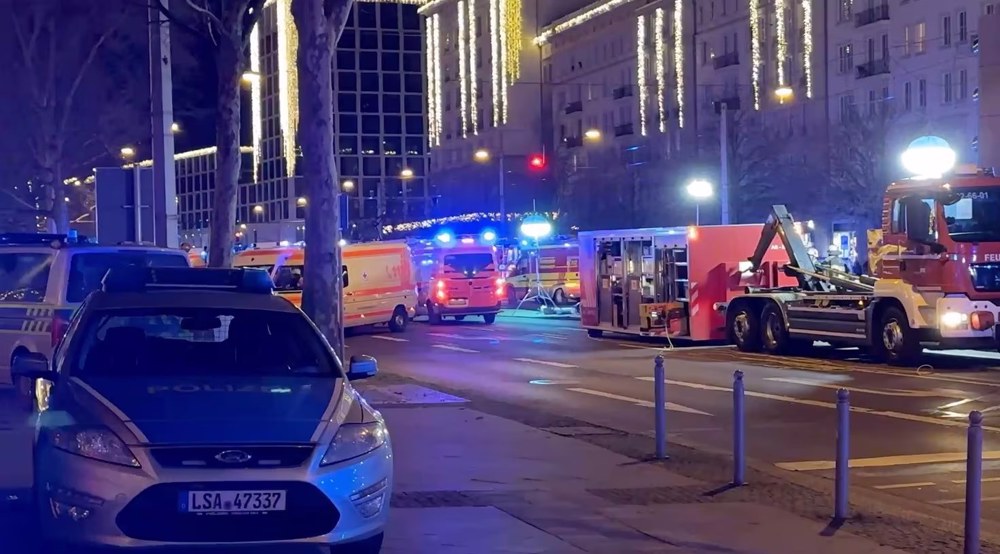Refugees living in former Nazi death camp in Germany
From July 1937 to April 1945, some 250,000 prisoners were kept in the Nazi concentration camp Buchenwald in Germany. The camp was one of the largest of its kind and was surrounded by sentries, watchtowers and electrified fences. Apart from being forced to carry out crippling manual labor, the inmates were subjected to gruesome medical experiments. Some 56,000 male prisoners are thought to have died in the camp during WWII. A barrack for SS Officers' at the camp has now become the home of 21 refugees who fled to Europe for better lives.
The refugees have been staying at the barrack, equipped with basic cooking facilities and bunk beds, for the past several months and are paid 135 Euros a month by the German government to buy food and general necessities until their asylum seeker status applications is returned to them.

Abdurahman Massa a refugee from Eritrea, is currently living at the former Nazi and Soviet camp with Ayaya Tsinat while awaiting the completion of their application proceedings. Massa says he doesn’t mind the camp’s history, noting that “This is good for me."

Another asylum seeker, Diaoyre, from Algeria, has been at the camp for around a week. "It is good here. Many others don’t even have this."
Europe is facing an unprecedented refugee crisis, which has escalated over the summer as refugees are coming directly to the continent instead of staying in camps in neighboring countries. The International Organization for Migration said Friday that more than 430,000 people have crossed the Mediterranean to Europe this year, with 2,748 dying or going missing in packed and unseaworthy boats.

The plans to house refugees in the notorious Nazi death camp were first announced in January. At the time, the town's authorities said that they were facing the problem of housing some 200 asylum seekers while there were no funds to purchase temporary structures to place them. A council spokeswoman called the solution to move the refugees into the former camp “a practical one."

"It is an emergency solution, but it is unavoidable," the mayor of Berlin's Mitte district, Christian Hanke, was quoted as saying by the Daily Mail.
VIDEO | Yemeni forces repel US-British attack, down F-18 Jet
Iran’s capabilities vast; enemy’s ‘maximum pressure’ policies all failed miserably: Senior official
Iran’s economy grew 2.7% y/y in Sep quarter: CBI
VIDEO | Freelancers in Gaza strive to stay online amid genocide
Mikati demands Israel's withdrawal from south Lebanon
Yemeni army strikes Israeli military sites with drones
‘Clock ticking’: UNRWA slams unjustifiable killing of children in Gaza
BP to be sued in Britain for supplying oil to Israel










 This makes it easy to access the Press TV website
This makes it easy to access the Press TV website